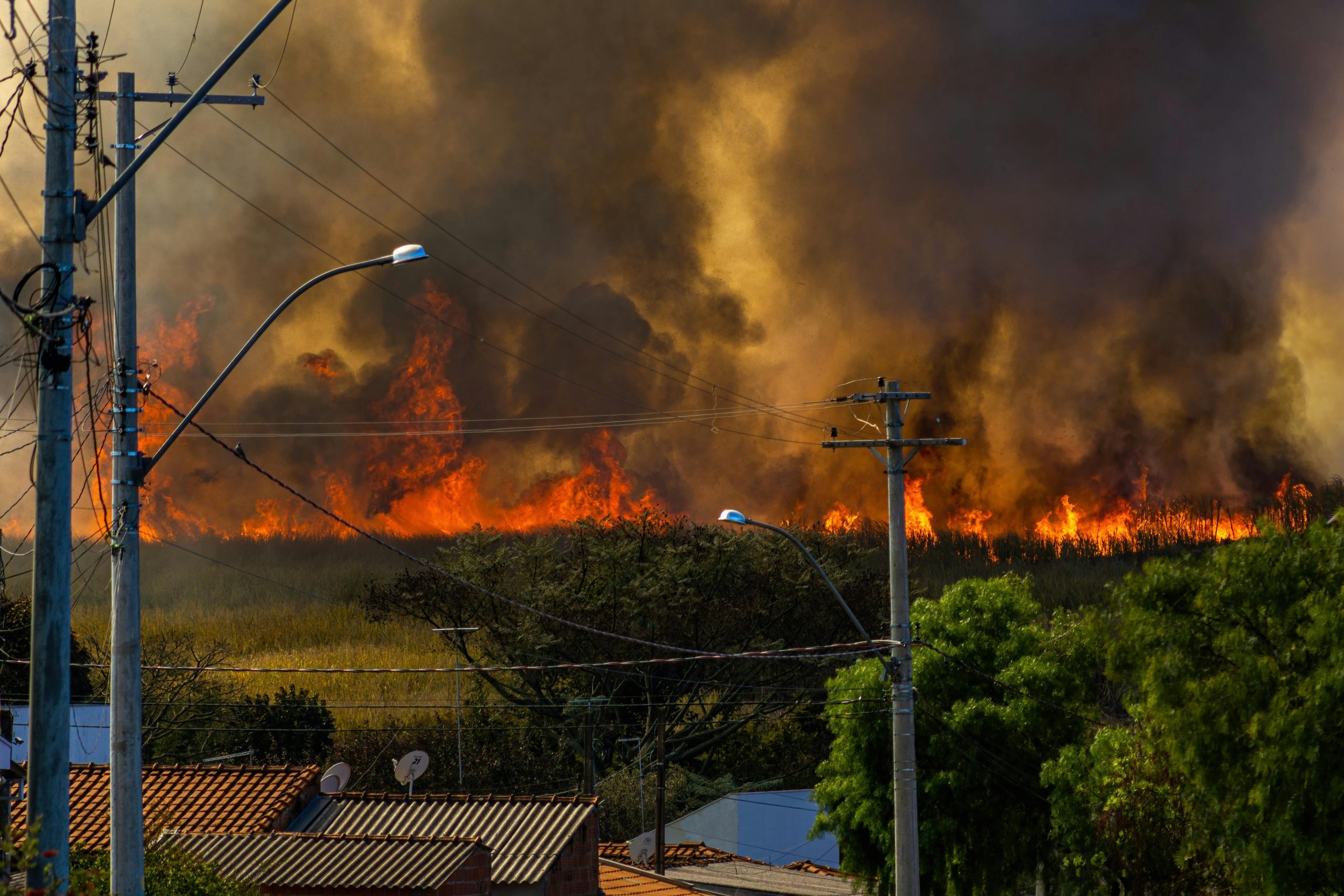Mao and colleagues investigate how climatic disasters impact the work of security analysts, who play a critical role in financial markets. Using a stacked difference-in-differences approach across 22 major U.S. disasters, they find that analysts in disaster-affected areas produce less accurate earnings forecasts in the three months following a disaster, but maintain forecast quantity by restating previous predictions. The study points this decline in forecast accuracy to distracted attention rather than resource limitations, highlighting the real-world effects of cognitive bias on financial decision-making.
Climatic Disasters and Distracted Analysts

